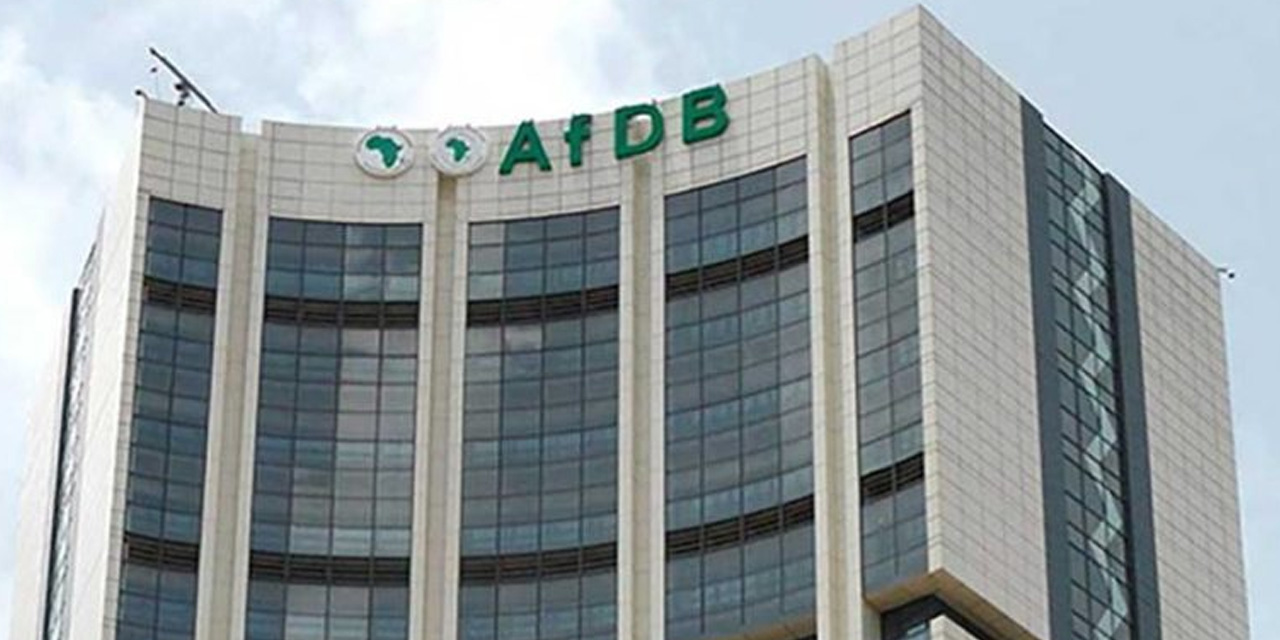Andrew Kathindi
Africa Development Bank (AfDB) has approved a USD100.27 million (N$1.5 billion) to the Namibian government to address the impacts of the COVID-19 pandemic and help maintain Government’s welfare programmes.
The approval of the loan to be repaid over 15 years on Wednesday 17 March 2021, follows a government request which was made in June last year. “As the country prepares for the post-pandemic era, the Government is pursuing reforms in a wide range of areas. The proposed Governance and Economic Recovery Support Programme (GERSP) operation is designed to support the Government’s response and help to achieve inclusive post-pandemic economic recovery through improved governance and real sector reforms,” said Finance Ministry spokesperson, Tonateni Shidhudhu.
According to Shidhudhu, the loan will help create fiscal space to finance critical development spending, implement reforms that will help to maintain macroeconomic stability, transform key sectors such as agriculture and industry, and improve economic and social inclusion.
“The approval of the fund comes at an opportune time as we start the process of building back the economy and implementing the Harambee Prosperity Plan 2 (HHP2) with the view of achieving sustainable and inclusive transformation,” said Finance Minister, Iipumbu Shiimi.
The three main areas of focus for the loan will be Fiscal Sustainability, Private sector-led Agriculture and Industrial Sector Transformation, and Economic and Social Inclusion.
Economist, Robert McGregor, although welcoming the loan, was however critical of the broad terms used for the focus of the loan such as “Fiscal Sustainability, Private sector-led Agriculture”, stating that it does not paint a picture of where the money is actually going.
“It’s nice sounding terms but there’s nothing specific in that. If it’s money for example for an agricultural project, it can’t be used to pay salaries, or bail out state-owned enterprises.”
He said loan serves as a good purpose to fund the deficit.
“It’s money that Government doesn’t need to raise from the domestic capital market, so it’s N$1.5 billion less that Government needs to raise from such as pension funds.”
McGregor said that it plays a big role in alleviating domestic borrowing requirement, that is already ballooning.
“The advantage in borrowing now in foreign currency is it means there’s an inflow in hard currency reserves.”
He further argued that the 15 years stipulated as the repayment period was good for the country.
“Fifteen years is good because 2/3s of Namibia’s debt is maturing over the next six years, so having a longer repayment period is beneficial because it means we don’t as much debt maturing in the next couple of years.”
This comes, however, as public debt is projected to rise to N$140.8 billion or 76.2 percent of the GDP in 2021/2022, which is nearly, N$127 billion increase since 2011.
According to Deloitte, in 2011 at just 16 percent of GDP, Namibia had one of the lowest debt-to-GDP ratios in the world.
Popular Democratic Movement (PDM) parliamentarian, Nico Smit, was however critical of the loan, arguing that Government has already allocated more than enough resources towards efforts against the pandemic.
The Government allocated N$8.1 billion to fight COVID-19 of which N$5.9 billion was in direct support to businesses, a stimulus package and cash flows acceleration payments for services rendered to Government, while N$2.3 billion relating to off-balance sheet Government liabilities.
“If you take that amount and add it to our gross debt, it is just amazing. Now I see this money is meant for COVID-19 and I ask, how much money does the Government want to spend on COVID-19? Government received about N$1 billion in donations. This takes it to N$9.1 billion. We are still waiting to hear what did they do with that money? Can Namibians see what Government has done with that money?”
Finance Minister Shiimi announced a N$750 stimulus which costed Government N$562 million.
“They haven’t touched N$8.1 billion thus far, all the things they have done has come from donations. Now they ask another N$1.5 billion to fight COVID-19? The vaccines we have received have been donations. They are just running up our debt by the day. We are very much concerned with what the government is doing,” said Nico Smit.
Economist Mally Likukela agreed with Smit’s statements arguing that the government was over borrowing.
“While we are increasing our debt, we don’t seem to have any plan in place on how we’re going to manage all these debts. As it is, we are way above the international standards and the fiscal ceiling we set for ourselves. There is no justification why we have to continue accumulating debts.”
According to the economist, there is a lot of mismanagement and unaccountability in the financial dealings of Government.
“It is no longer sustainable and it is putting the future of tax payers at jeopardy. I am totally not comfortable with increasing debt to fight the pandemic. The pandemic is a short-term shock and we are taking long term decisions to address it. There’s an imbalance.”
“We’ll be sitting with this debt for 15 years long after COVID-19 is gone. We should give a chance to the stimulus that we had last year to take effect instead of just waiting to accumulate more debt.”
Likukela further argued that the loan will not have a positive impact on the economy and will only have a smoothening effect which will fizzle out.
“If this money was going for capital projects, which we know is the cornerstone of growth, I would understand. All the debts that have been acquired to fight COVID-19 will not have a long -term impact on the economy. Even this particular one will not have any impact on the economy, which is why I am very concerned at the speed which we are accumulating debt.”




